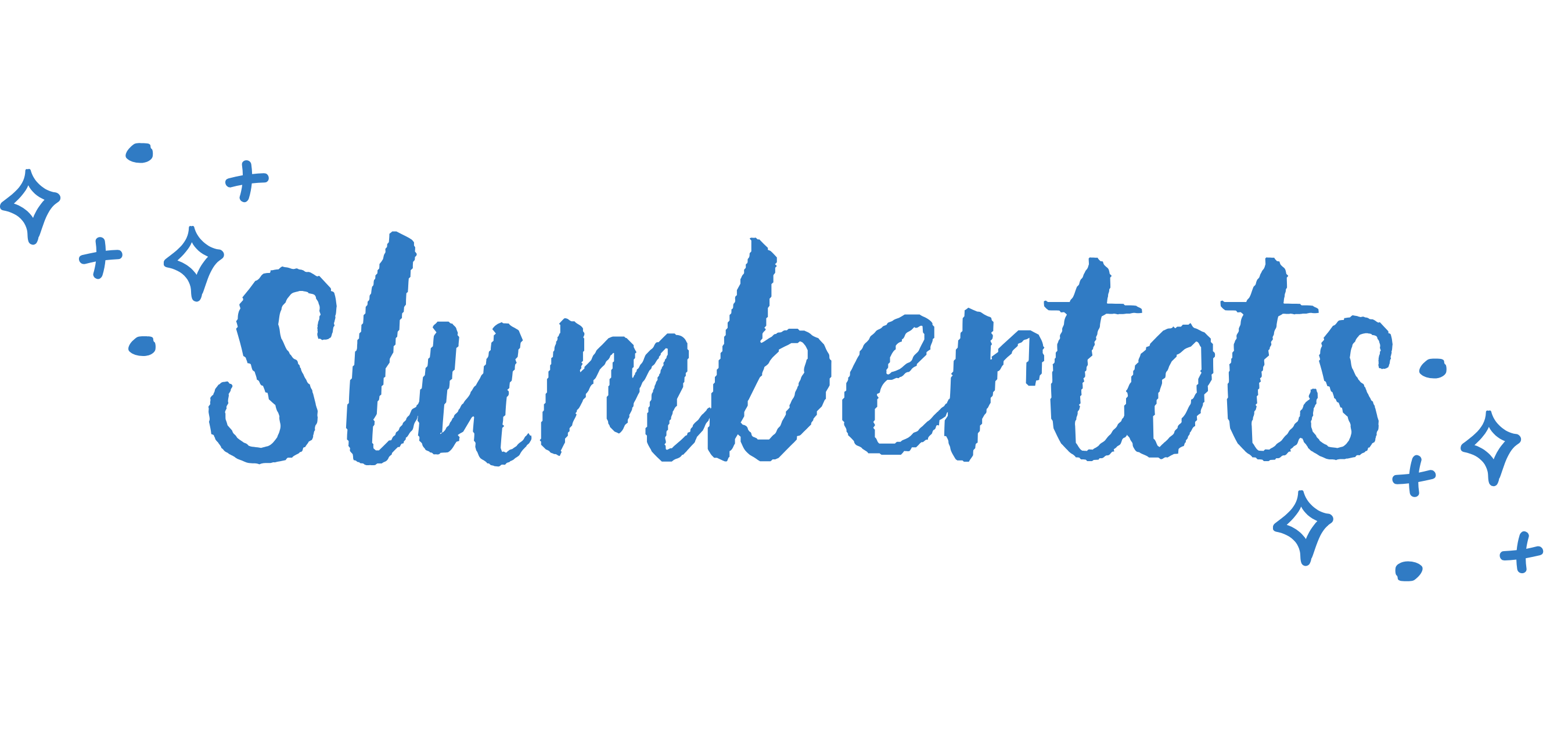
I used to think that a snoring baby was absolutely adorable. After all, what better indicator is there that your baby is fast asleep and getting the rest they need than the sound of them purring away in their crib?
As a mother, the sight of your baby sleeping means they’re relaxed, feeling safe, and content with everything around them. I always get that “I’m a good mum” feeling when I look at my babies sleeping peacefully, and a little snore seemed harmless and cute.
Unfortunately, that sense of peace and serenity I used to get at the sound of a snoring baby turned out to be misconstrued. Now that I’m a sleep consultant, I know that snoring and mouth breathing are both cause for concern.
But why is mouth breathing a problem?
There are a few reasons why nose breathing is better for you than mouth breathing, and they’re not minor benefits. Breathing through your nose increases the amount of oxygen we get to our lungs, expels more carbon dioxide. It lowers our heart rate, increases lymphatic flow, and reduces stress on the heart.
I know that it’s not something many parents are aware of, so I wanted to call some attention why snoring can also ruin an otherwise wonderful, rejuvenating night.
Sleep and snoring…
As you probably already know, we all sleep in cycles. We go from a very light sleep into deeper sleep, and then into the dreaming stage, REM sleep. During that first stage of light sleep, as well as in the REM stage, we’re very easily woken up. The cat jumping on the bed or your partner rolling over can startle us out of sleep, and we’re back to square one.
In adults, sleep cycles last 90 – 110 minutes, but in babies, they’re closer to 45. This increases the opportunity for them to wake up more frequently over the course of a night. (Which, I’m sure, isn’t news to anyone reading this. Every parent knows all too well how often babies tend to wake up).
And what causes baby to wake up in those light stages of sleep? More than anything else, noise. Barking dog, washing machine, and quite possibly, the sound of their own snoring.
That’s not the only reason for waking up, mind you. If their airway is obstructed to the point where they temporarily stop breathing, known as an obstructive apnea, the body tends to startle itself out of sleep. (And I’m sure we’re all happy for that little fail-safe, even if it does lead to nighttime wake ups.)
So if your baby is snoring, you should absolutely, positively take action. That brings us to the question that every person who’s ever slept next to a snorer has asked themselves. “How on earth do I stop this person from snoring?”
What should we do about a snoring baby?
The first thing you should do is make a recording of your little one breathing while they sleep.
The second step is to take that recording to your GP and play it for them. Being able to demonstrate the severity of the issue can prompt them to refer you to a specialist.
Removal of the tonsils and/or adenoids can often the next logical step if their airways are significantly blocked. Don’t panic though. The process isn’t nearly as intense as it might sound! If your little one’s snoring isn’t severe enough to warrant surgery, you might benefit from some nasal strips. Thin strips of metal in cotton with adhesive on the back that stick to the outside of the nose. They gently pull open the nasal passageways. It’s not the most elegant solution, but it does solve the problem temporarily.
Just a final note to add here. If your baby is sick or congested, don’t jump to the conclusion that their snoring is permanent.
A little nasal congestion due to illness can cause baby to snore, but it should clear up when they get better. Try using a nasal bulb to suck the ickiness out of their nose and then a saline solution to clear up the passageways.
I know that, as mothers, we’ve got plenty to worry about without throwing unnecessary concern into the mix, but if your baby’s snoring, it can affect your baby’s health, as their quality of sleep is affected. As a mum who has been through this process myself with my son, it’s treatable, and a better night’s sleep is waiting on the other side of the solution for your baby as well as the rest of your family.
…and can we sleep train a snoring baby?
If your baby snores, or mouth breathes, it’s something that should be addressed prior to beginning any sort of sleep training. When you sign up to my waitlist, I ask the question specifically to get a better picture of what might be impacting your little one’s sleep, and whether I can help you. To join my waiting list, click here and we can talk about working together!
To read more about the benefits of good quality sleep for your baby, click here.
